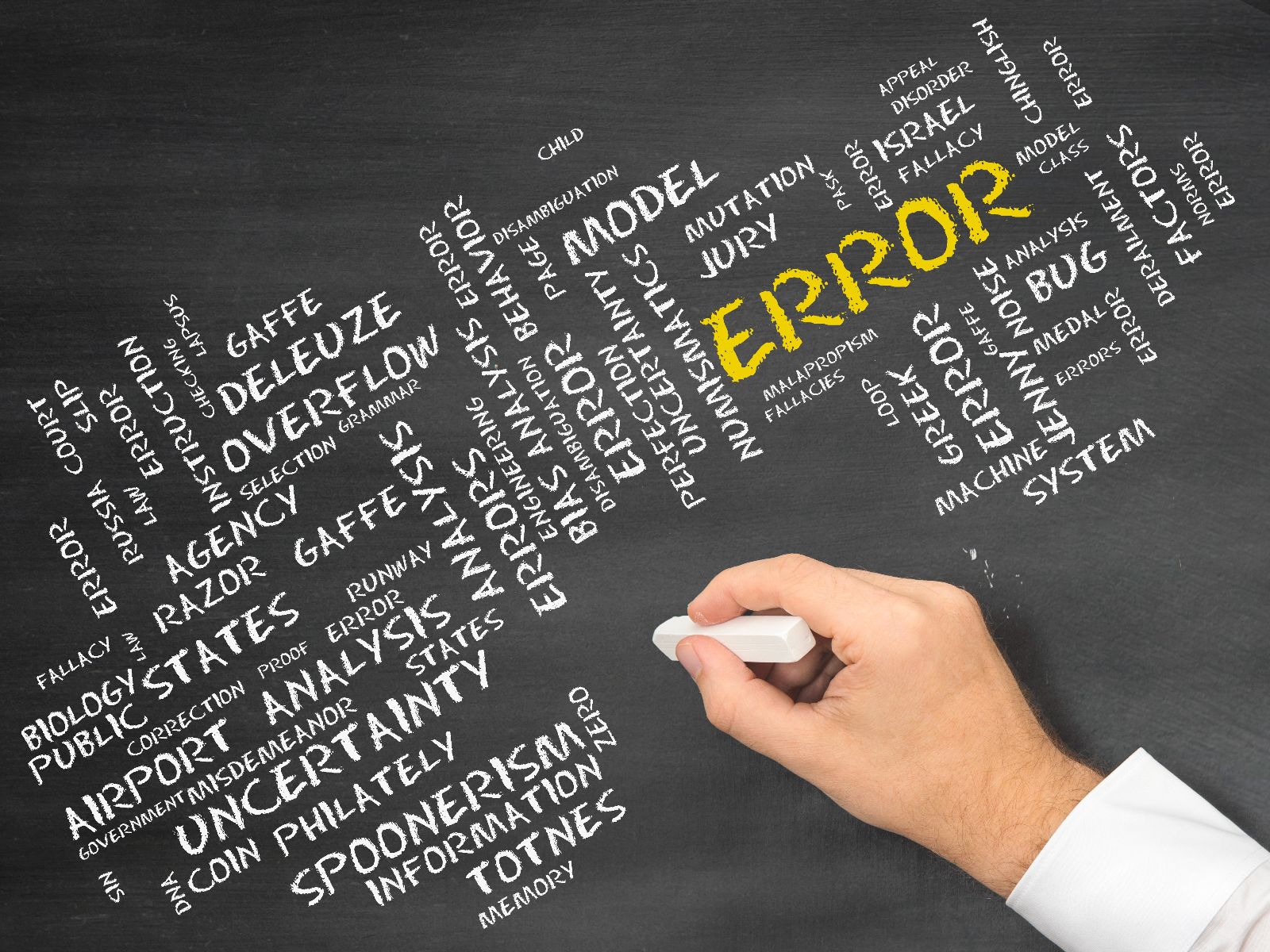For over 60 years, Kepner-Tregoe has been helping companies across industries and geographies to develop and mature their problem-solving capabilities through KT’s industry leading approach to training and the implementation of best practice processes. Considering that problem solving is a part of almost every person’s daily life (both at home and in the workplace), it is surprising how often we are asked to explain what problem solving is and why it is important.
Problem solving is at the core of human evolution. It is the methods we use to understand what is happening in our environment, identify things we want to change and then figure out the things that need to be done to create the desired outcome. Problem solving is the source of all new inventions, social and cultural evolution, and the basis for market based economies. It is the basis for continuous improvement, communication and learning.
If this problem-solving thing is so important to daily life, what is it?
Problem-solving is the process of observing what is going on in your environment; identifying things that could be changed or improved; diagnosing why the current state is the way it is and the factors and forces that influence it; developing approaches and alternatives to influence change; making decisions about which alternative to select; taking action to implement the changes; and observing impact of those actions in the environment.
Each step in the problem-solving process employs skills and methods that contribute to the overall effectiveness of influencing change and determine the level of problem complexity that can be addressed. Humans learn how to solve simple problems from a very early age (learning to eat, make coordinated movements and communicate) – and as a person goes through life problem-solving skills are refined, matured and become more sophisticated (enabling them to solve more difficult problems).
Problem-solving is important both to individuals and organizations because it enables us to exert control over our environment.
Fixing things that are broken
Some things wear out and break over time, others are flawed from day-1. Personal and business environments are full of things, activities, interactions and processes that are broken or not operating in the way they are desired to work. Problem-solving gives us a mechanism for identifying these things, figuring out why they are broken and determining a course of action to fix them.
Addressing risk
Humans have learned to identify trends and developed an awareness of cause-and-effect relationships in their environment. These skills not only enable us to fix things when they break but also anticipate what may happen in the future (based on past-experience and current events). Problem-solving can be applied to the anticipated future events and used to enable action in the present to influence the likelihood of the event occurring and/or alter the impact if the event does occur.
Improving performance
Individuals and organizations do not exist in isolation in the environment. There is a complex and ever-changing web of relationships that exist and as a result, the actions of one person will often have either a direct impact on others or an indirect impact by changing the environment dynamics. These interdependencies enable humans to work together to solve more complex problems but they also create a force that requires everyone to continuously improve performance to adapt to improvements by others. Problem-solving helps us understand relationships and implement the changes and improvements needed to compete and survive in a continually changing environment.
Seizing opportunity
Problem solving isn’t just about responding to (and fixing) the environment that exists today. It is also about innovating, creating new things and changing the environment to be more desirable. Problem-solving enables us to identify and exploit opportunities in the environment and exert (some level of) control over the future.
Problem solving skills and the problem-solving process are a critical part of daily life both as individuals and organizations. Developing and refining these skills through training, practice and learning can provide the ability to solve problems more effectively and over time address problems with a greater degree of complexity and difficulty. View KT’s Problem Solving workshop known to be the gold standard for over 60 years.







